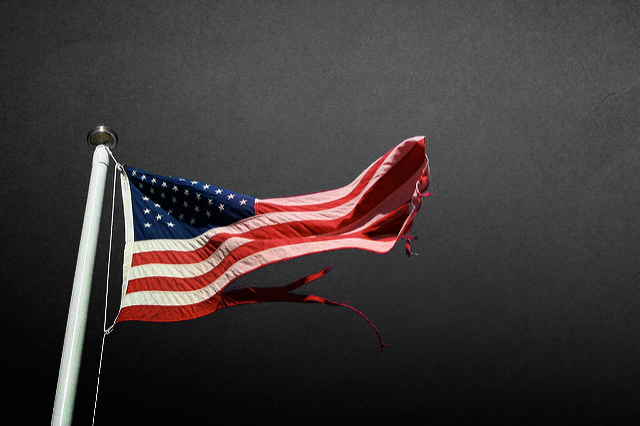By Antonio Tujan Jr.
Crosscurrents 30 | 7 March 2019
That the US should warn the Duterte government to be wary over concluding treaties with China just shows that the world is no longer under a single hegemonic global power. Before, the US would not simply countenance a former colony of brown Americans to welcome the Chinese. Nor would it allow any president before Duterte to make overtures to everyone, most specially the communist regime of China.
The rise of China as the strongest economy overall puts the US at a disadvantage even though the dollar still reigns supreme as a global currency standard. It would be stupid for anyone, must less the government, not to recognize that opportunity to develop friendly relations along with the benefits of economic cooperation. Not to mention the geopolitics of the West Philippine Sea dispute.
Of course, we assume that the Duterte government is wary of the pros and cons in dealing with China, of its economic and geopolitical interests on the Philippines. But Trump is playing big brother politics to even warn the Philippines or the Duterte government as if the latter does not know its business. This warning smacks of US imperialism, on the decline, especially after China has overtaken it.
Russia has emerged from the ashes of the collapse of the Soviet Union and recovered its military might, still not as strong as that of the US but sufficient enough to challenge the US. Russian official claims that US and Russia nuclear parity has been broken with a new generation of Russian nuclear military technology. This lead Trump to break off its agreement on intermediate range missiles in Europe.
The parity in economic and military strength with emergence of China and Russia translates to the tremendous weakening of US political hegemony overall. This phenomenon has reported by many diplomatic quarters especially from intergovernmental organizations like the UN as early as 2015 when several agreements and treaties could no longer be concluded easily with objections from China and India and the realignments in the UN such as the emergence of G77+China.
IBON International has monitored developments over the decade and reported in its International Situation Briefings in 2013 the emergence of this new phenomenon. This has become known internationally in 2015 as the new multipolar world order – the US is no longer the sole global hegemon after the end of the Cold War and the collapse of the Soviet Union. US hegemonic power is starting to crumble in a multipolar world full of conflict.
Does this phenomenon mean the emergence of other hegemonic powers such as China and Russia? Not necessarily. There are several economic, political and military factors that can operate one way or the other to create new hegemons. Several aspects and factors than can decide this include investment, trade, conflicts, military build up, diplomacy and alliances, etc.
The US continues to use what is left of its political, economic and military strength and existing agreements to preserve what is left of the framework of its hegemonic power to prevent what can be a catastrophic collapse of the capitalist system. Its stranglehold on the international monetary system through the IMF and the worldwide currency peg to the dollar is under tremendous challenge whether from the strength of the yuan/Chinese economy or the euro transactions as pragmatic solutions to address unreasonable economic sanctions on several countries like Venezuela, Iran or North Korea under US political economic attack.
US unilateralism under Trump is politically, economically and diplomatically dangerous for the US. Trade wars with the European Union, China or Canada easily backfires when the US is on the defensive in the first place. These actions weaken the international neoliberal agenda and leaves the WTO and similar agreements severely frayed. These reflect the severe contradictions faced by monopoly capital in the face of a full decade of no growth since the collapse of 2008. Since 2011 when the world emerged from the worst depression since the 1930s, it still faces depressionary features of a stagnant world economy overall.
Behind the US-initiated trade wars is its intention to revive its flagging industry but China has long overtaken the US industrial development and high technology. The irony of it all is that China is so far ahead in the game that it produces and exports robots to run the new factories the US wants to build. (More in Part 2)##

